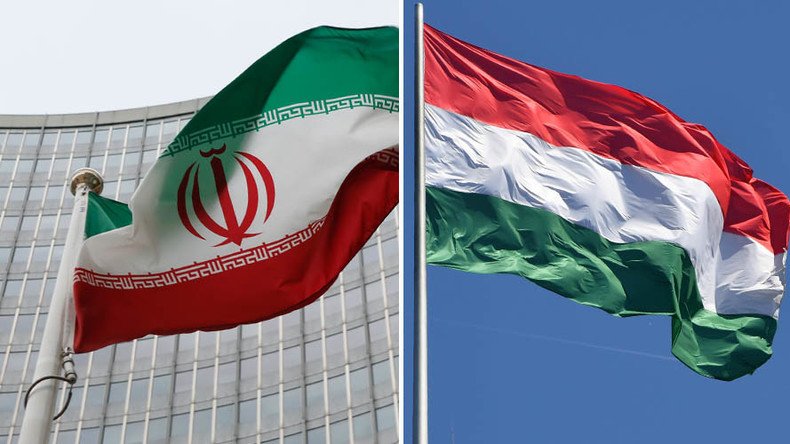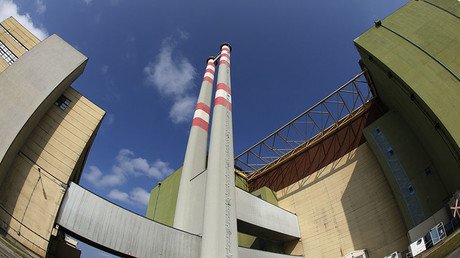Iran & Hungary to develop nuclear plant for 'scientific-educational' purposes

Hungary and Iran have agreed to cooperate in a joint mini nuclear power plant project. The countries will create a small nuclear reactor for scientific and educational purposes, said a Hungarian official on Thursday.
Prime Minister Viktor Orban's chief of staff Janos Lazar was asked if the project would comply with the nuclear deal between Tehran and the six leading world powers.
"When the Prime Minister was there, we undertook to take part in jointly creating a mini nuclear plant with educational, scientific purposes, and now this agreement will be implemented," Lazar said, referring to Orban’s visit to Iran in 2015.
In February 2016, Iran's top nuclear official Ali Akbar Salehi said the country had proposed a pilot project with Hungary to design a 25-megawatt reactor and then a reactor of up to 100 megawatts to be sold in Africa and Asia.
According to him, the reactor would fit the poorer countries in the region, as it requires less cooling water.
"One particular project that I suggested was to see if we can... together design a small reactor of 25 megawatts. It was received well, and we hope that we can start this project, just on paper,” Salehi said, as quoted by Reuters.
Iran and the six international mediators (the US, UK, France, Germany, Russia and China) signed a deal in July 2015 to settle the standoff over Iran's nuclear program.
According to the accord, Tehran agreed to cut the number of centrifuges by two-thirds, cap its uranium enrichment below the level needed for bomb-grade material, reduce its enriched uranium stockpile from around 10,000 kilograms to 300 for 15 years, and allow international inspectors to access its nuclear facilities. In return, Western countries agreed to lift nuclear-related international sanctions.













